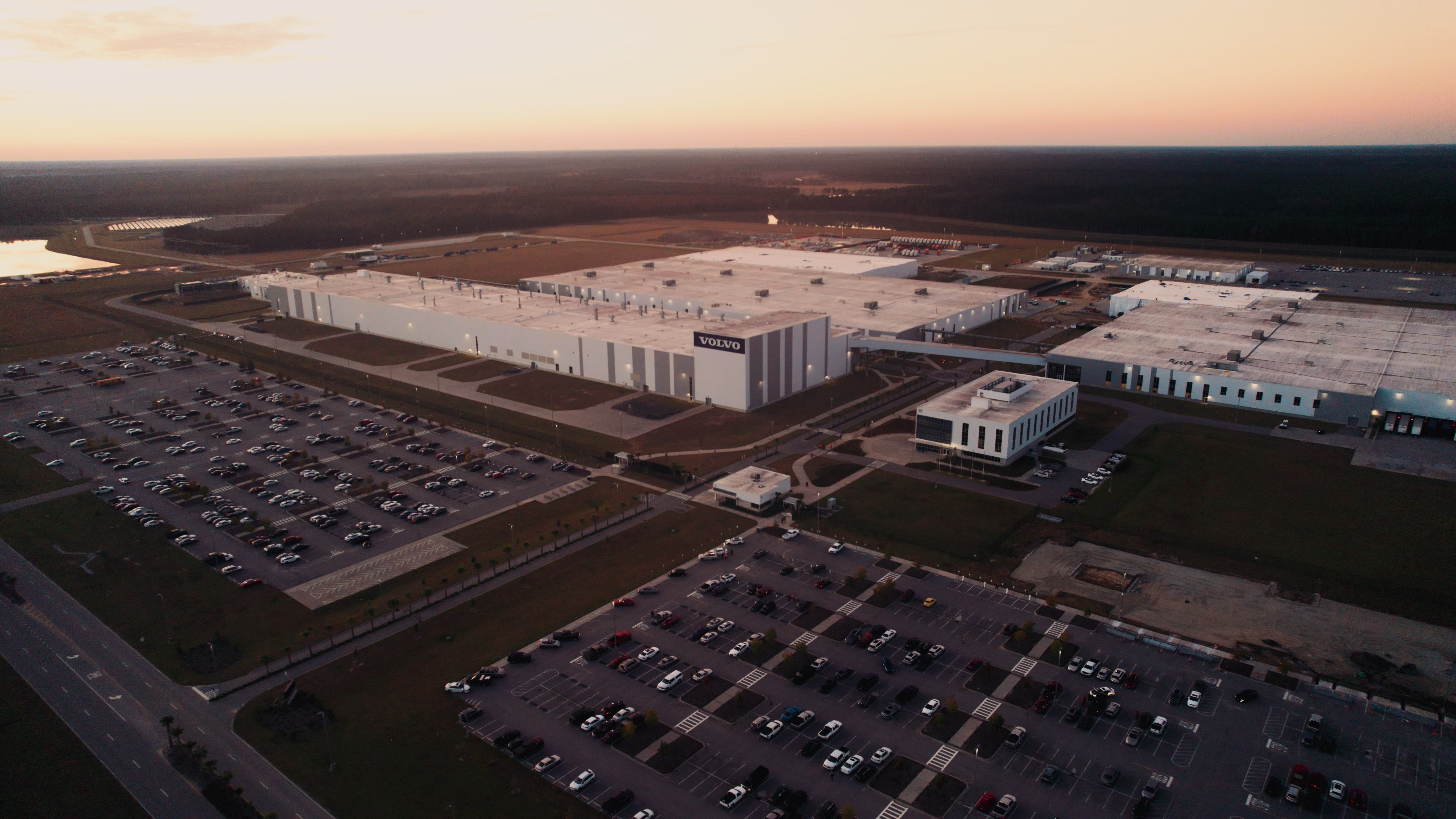Volvo is scrambling to save its flagship EX90 SUV from a software disaster that's left customers with blank infotainment screens, broken climate controls, and non-functioning lidar sensors. The automaker just announced a major hardware upgrade powered by Nvidia's Drive AGX Orin chips, promising to finally deliver the premium electric experience customers paid for - but the damage to Volvo's reputation may already be done.
Volvo's EX90 was supposed to be the Swedish automaker's electric flagship. Instead, it became a cautionary tale about rushing unfinished software to market. From day one, the three-row SUV has been plagued by problems that would make any tech company blush - blank infotainment screens greeting drivers, climate controls that simply don't respond, and the expensive lidar sensors sitting dormant like expensive paperweights.
Now Volvo is throwing serious hardware at the problem. The company just announced it's upgrading the EX90's computer brain with Nvidia's Drive AGX Orin system-on-chip, the same computing platform that powers many of today's most advanced autonomous vehicles. The upgrade comes alongside a new 800-volt electrical architecture designed to dramatically improve charging speeds.
"New and improved safety, collision avoidance, and driver support features," Volvo promises with the kind of corporate speak that suggests they know they've got some serious explaining to do. The Nvidia chip brings massive parallel processing power that should finally make the EX90's sensors and software work as advertised.
The flagship new feature is Emergency Stop Assist - essentially a last-resort system that brings the vehicle to a controlled stop in its lane if the driver becomes unresponsive. Volvo envisions this working during medical emergencies, though critics might wonder if it's also designed to handle software crashes.
This technical scramble comes at a crucial moment for Volvo. The Chinese-owned, Swedish-designed automaker is betting its future on a massive expansion, planning to increase production volume by 50% over the next five years. The strategy centers on a $1.3 billion investment in its Charleston, South Carolina factory, where it plans to build XC60 hybrids and a mysterious "next-generation hybrid model" by 2030.












